A high-tech cryonics start-upis offering to freeze patients in liquid nitrogen after death, one day bringing themback to lifefor a cost of $200,000 (£165,000).
Europe’s leadingcryopreservation company, Tomorrow.Bio, claims that about 700 customers have joined the list of those waiting to be preserved, while six people and five pets already have undergone the procedure.
“The idea of extending life and having more time to achieve personal goals and dreams is incredibly appealing,” Pinheiro noted.
RELATED:
The procedure involves cooling the body immediately after death and replacing the corpse’s fluids with essentially medical-grade antifreeze to keep from irreversible cold damage
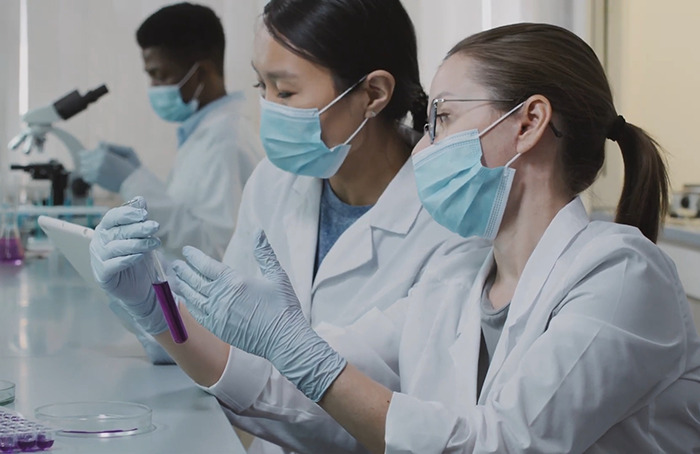
Image credits:Tomorrow Bio
According toDr. Emil Kendziorra, Tomorrow.Bio’s co-founder and a former cancer researcher, their typical customer is between 30 and 40, healthy, working in technology, and more likely to be male than female.
When a client dies, Tomorrow.Bio brings an ambulance to their location along with a medical team. They begin cooling the body using ice and water as quickly as possible while providing heart massages and oxygen to slow the effects of decomposition.

Image credits:Tomorrow Biostasis
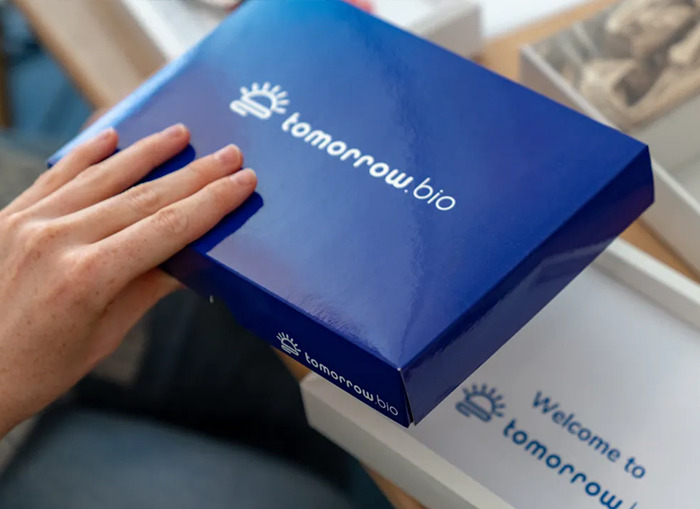
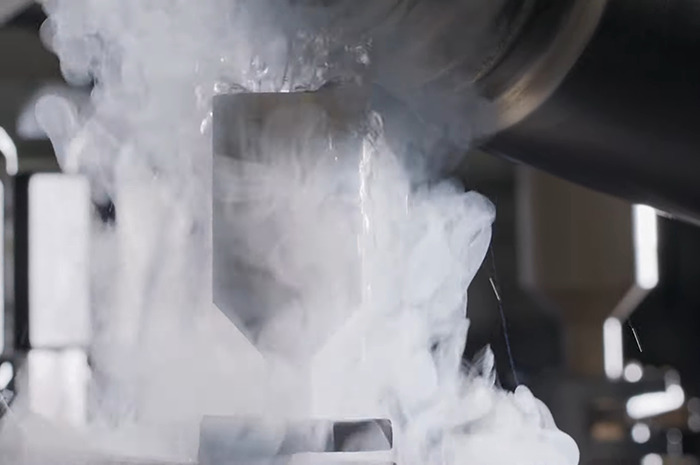
“Once you go under zero degrees, you don’t want to freeze the body, you want to cryopreserve it. Otherwise, you would have ice crystals everywhere, and the tissue would get destroyed,” Kendziorra explained.
“To counteract that, you replace all the water, everything that could freeze in the body, with the cryoprotective agent,” he added.
Such a state of the body can then be kept for virtually indefinite timeframes.
“We want to build a world where people can choose how long they want to live – independent of where they are, who they are, and their financial resources,” Casaliexplained.
The company was born from the realizationthat longevity science was not advancing fast enough
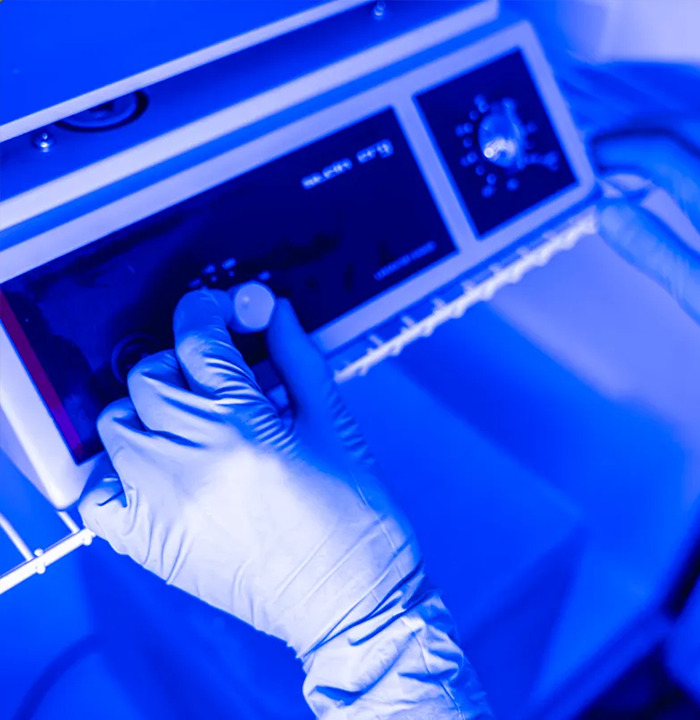
Alessia Casali fromTomorrow.Bio’s marketing team explained in an interview withBored Pandathat the company wantsto spread awareness and inform people openly about the option of cryopreservation, offer a high-quality service, and conduct and fund research to further the field of cryonics.
Since there is still a lot of skepticism around the concept, the company created ablogand avideoto try to debunk some of the myths about cryopreservation.
But outside of cryonic companies and cryonic-linked interest groups, many scientists are quite skeptical about cryonic methods.
Although the procedure can seem appealing, there are no guarantees

According to Clive Coen, professor of neuroscience at King’s College London, there is currently no proof that organisms with brain structures as complex as humans’ can successfully be restored, exposing the concept as ‘preposterous.’
The professor also has a very skeptical opinion that nanotechnology (carrying out elements of the process on a nanoscale) or connectomics (mapping the brain’s neurons) will help with thecurrent gap between theoretical biology and reality.
Holger Reinsch,head of the Competence Center for Life Sciences atILK Dresden,an independent research institute with a focus on refrigeration technology, has similar thoughts.
“Cryonics uses scientific methods but is notscienceitself because it deals with problems which science has no solution for. There are many challenges which are not only of a scientific nature but also ethical,”he shared with Bored Panda.
Reinsch explained that with the current state of science, there is no way to freeze a human body without major damage.
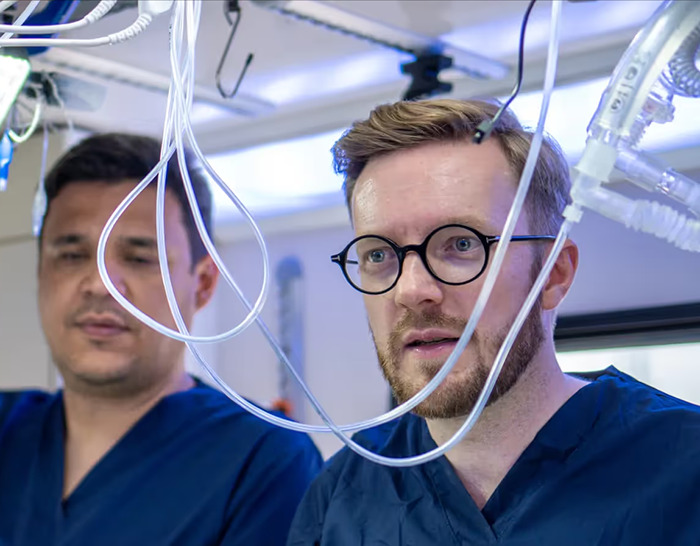
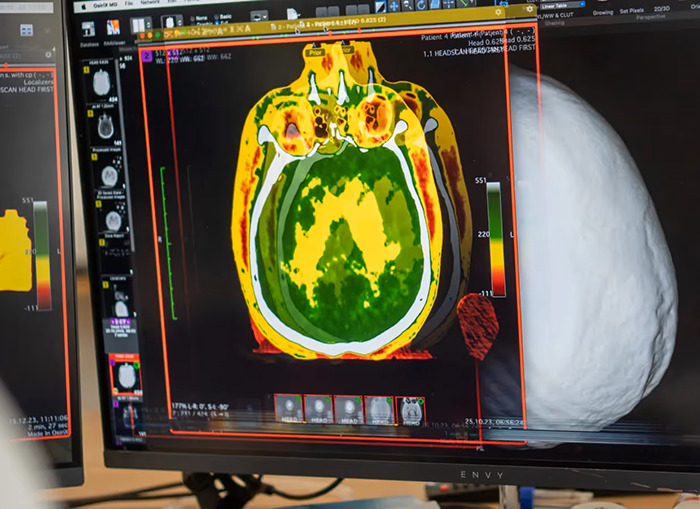
“Cryonics providers use the perfusion method but thehuman bodyis much too large and far too little vascularized for an adequate distribution of the required CPA as well as for cooling it down fast enough,” he explained.
According to Reinsch, there are clear physical limits that cannot be overcome with this method.
“Ice will form inside the tissue and the organs during cooling and brings you back as mush after thawing (imagine, like with frozen strawberries),” he noted.
And yet,during an experiment conducted almost a decade ago, some scientists said they were able to cryopreserve the brain of arabbitand recover it in near-perfect condition.
Furthermore, the biggest problem might be legal in nature
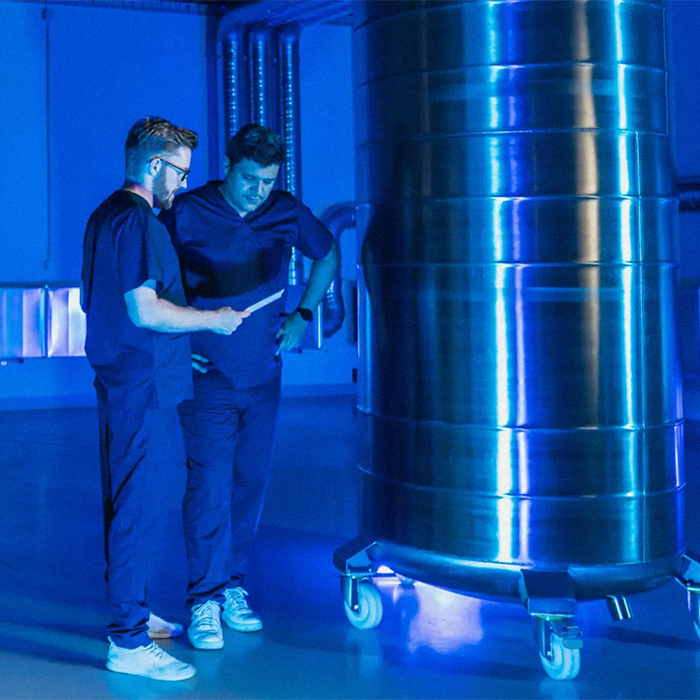
Reinsch explained that, for instance, in Germany, the freezing of a living human body is strictly forbidden (it’s considered murder).
“Before a team of the cryonic provider will be able to start with the procedure, the person will be dead for hours,” he said.
“Seen this way, resurrection would not be the task of a future scientist but solely for God, I guess,” Reinsch added.
“I’m kind of curious to see what the future would be like and, in general, I like life,” shared Becca Ziegler, who’s only 24 years old yet decided to give it a shot as one of Tomorrow.Bio’s clients.
Netizens were intrigued yet skeptical about the possibility of extending their lives














 You May LikeDisney Worker Downloads Free AI Tool—Loses Job And $200,000 BonusesLei RV“Call Me Lazy”: Mother, 34, Stuns With Ozempic Transformation And Side EffectKarina Babenok"It Will Cause Casualties”: Scientist Addresses The City-Leveling Asteroid Threat For 2032Lei RV
You May LikeDisney Worker Downloads Free AI Tool—Loses Job And $200,000 BonusesLei RV“Call Me Lazy”: Mother, 34, Stuns With Ozempic Transformation And Side EffectKarina Babenok"It Will Cause Casualties”: Scientist Addresses The City-Leveling Asteroid Threat For 2032Lei RV
Lei RV
Karina Babenok
News